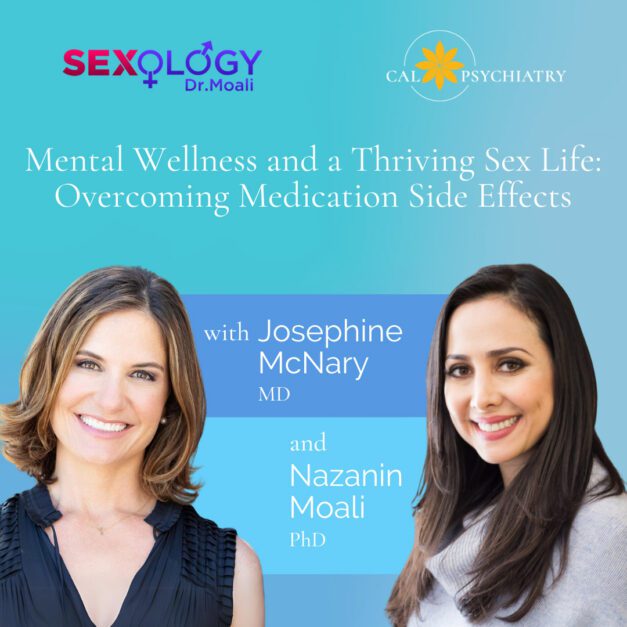It is important to recognize the difference between postpartum depression and the “baby blues.” Major differences to look out for include not being able to sleep despite exhaustion and concerning thoughts (in the worst cases, thoughts of suicide). If you or someone you know is experiencing symptoms like this, it is crucial to reach out to your pediatrician, OBGYN, or primary care physician for a mental health referral.
A 2008 statement by the World Health Organization recognized that 50-75% of women can experience what is known as the “baby blues.” This phenomenon usually develops around day 3-4 postpartum and is characterized by “feelings of worry, unhappiness and fatigue.” What’s important to remember about the “baby blues” is that moms still want to bond with baby and it is limited in duration (lasting on the scale of hours to days). For 10-15% of moms however, the baby blues can progress into what’s known as “postpartum depression.” Postpartum depression has some key features: feelings of sadness/hopelessness; crying often; feeling numb or disconnected from baby; lack of pleasure in activities (i.e.-lack of desire to bond with baby); inability to fall asleep. What makes this different from the “baby blues” is the time course and the severity of thoughts/emotions.
Postpartum depression can last for weeks/months if untreated and can develop at any point in the 6 months postpartum. Moreover, the sadness and inadequacy that is felt is much more severe than the fleeting “baby blues.” In the most severe cases, women can have thoughts of suicide, which is a psychiatric emergency. Risk factors for the development of postpartum depression include personal or family history of depression, being a teen mom, lack of social support, or traumatic childbirth. Treatment involves therapy and/or medication with SSRI’s, which are relatively safe for use in breastfeeding.
It is important to monitor yourself in the postpartum period and reach out for help if you notice the “baby blues” seem to be persisting or worsening. Speaking with your pediatrician, OBGYN or primary care physician is a good first step if you need more guidance. Our physicians at Cal Psychiatry will be able to help you recognize postpartum depression symptoms and get you the proper treatment. Call one of our many locations for an initial consultation today.
Note: ** If you are experiencing thoughts of wanting to harm yourself or your child, call 911 or go to the nearest ER immediately.





